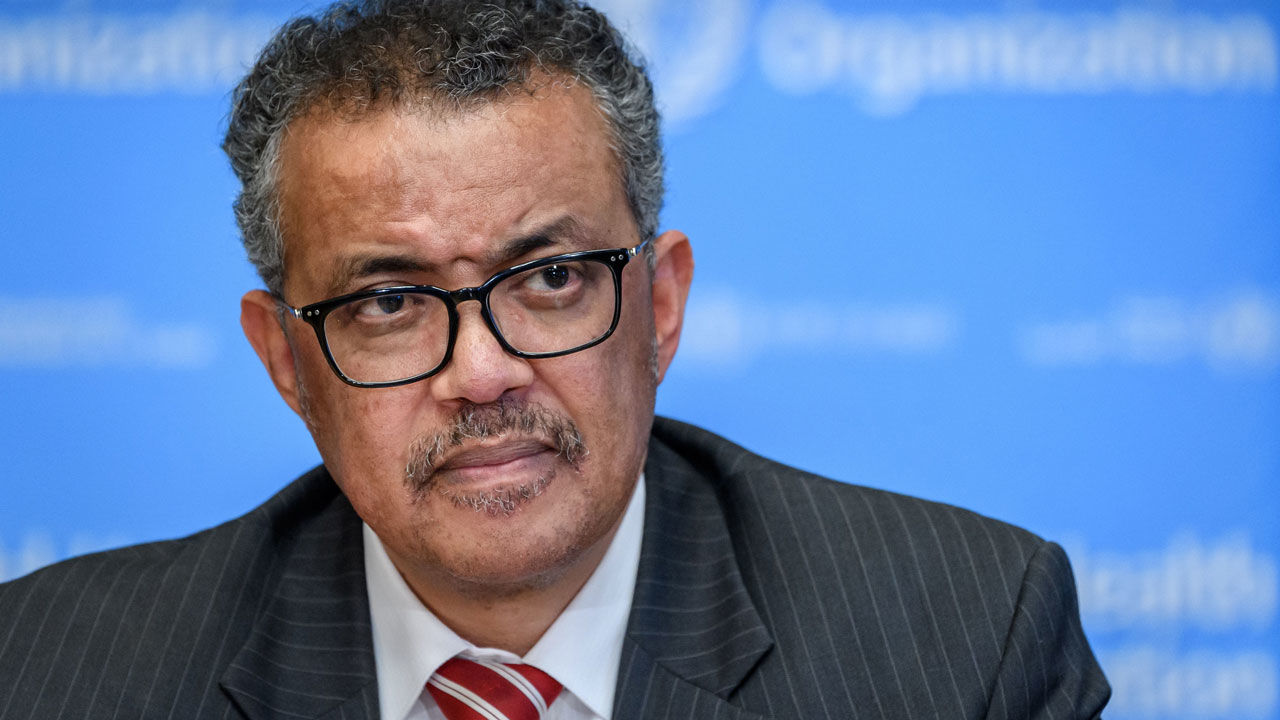
WHO ‘very concerned’ about Covid situation in China; seeks detailed information

The World Health Organization (WHO) has said it is “very concerned” over the rising COVID-19 cases in China and sought detailed information on disease severity, hospital admissions and requirements for ICU support.
After the easing of Covid restrictions, China is experiencing a massive surge in coronavirus cases and hospitals are completely overwhelmed.
In recent days in Beijing, the spread of the highly transmissible Omicron variant has hit services from catering to parcel deliveries. Funeral homes and crematoriums across the city of 22 million are also struggling to keep up with demand as more workers and drivers testing positive for coronavirus call in sick.
Also read: Massive surge in COVID cases in China; hospitals swamped with patients
WHO’s Director-General Tedros Adhanom Ghebreyesus while addressing a news conference on Wednesday, said, “We continue to call on China to share the data and conduct the studies we have requested, and which we continue to request.”
“We continue to call on #China to share the data and conduct the studies we have requested, and which we continue to request. As I have said many times before, all hypotheses about the origins of this pandemic remain on the table”-@DrTedros https://t.co/nBWSwzwFV4
— World Health Organization (WHO) (@WHO) December 21, 2022
“As I have said many times before, all hypotheses about the origins of this pandemic remain on the table,” he added.
Further, he said, “At the same time, WHO is very concerned over the evolving situation in China, with increasing reports of severe disease. In order to make a comprehensive risk assessment of the situation on the ground, WHO needs more detailed information on disease severity, hospital admissions and requirements for ICU support.”
Also read: China limits how it defines COVID deaths in official count
He said the WHO is supporting China to focus its efforts on vaccinating people at the highest risk across the country. “We continue to offer our support for clinical care and protecting its health system,” he said.
Talking about the overall COVID-19 situation around the world, the WHO chief said the pandemic has declined significantly in 2022.
“As 2022 draws to a close, we still have many reasons for hope. The COVID-19 pandemic has declined significantly this year, the global monkeypox outbreak is waning, and there have been no cases of Ebola in Uganda for more than three weeks. We are hopeful that each of these emergencies will be declared over at different points next year.
“Certainly, we are in a much better place with the pandemic than we were a year ago, when we were in the early stages of the Omicron wave, with rapidly increasing cases and deaths. But since the peak at the end of January, the number of weekly reported COVID-19 deaths has dropped almost 90%,” he said.
He, however, added that the pandemic is still not over with still “too many uncertainties and gaps”.
“However, there are still too many uncertainties and gaps for us to say the pandemic is over: Gaps in surveillance, testing and sequencing mean we do not understand well enough how the virus is changing; Gaps in vaccination mean that millions of people – especially health workers and older people – remain at high-risk of severe disease and death; Gaps in treatment mean people are dying needlessly; Gaps in health systems leave them unable to cope with surges in patients with COVID-19, flu and other diseases;
“Gaps in our understanding of post-COVID-19 condition mean we do not understand how best to treat people suffering with the long-term consequences of infection; And gaps in our understanding of how this pandemic began compromise our ability to prevent future pandemics,” explained.

